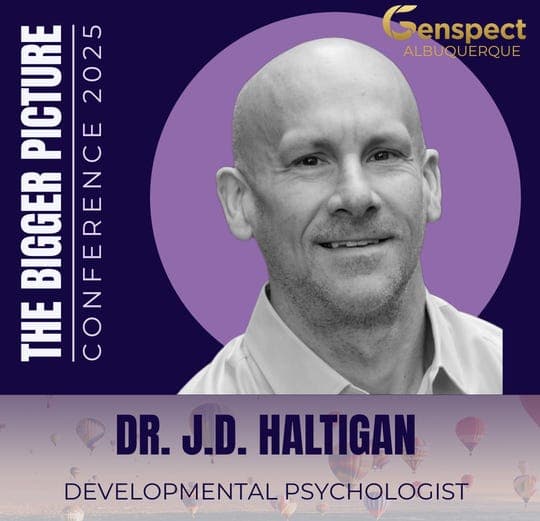Prominent Psychologist Advocates Reclassifying 'Gender Medicine' as Mental Health Treatment

Psychologist J.D. Haltigan, PhD, has sparked considerable discussion with a recent social media post advocating for a fundamental shift in how "gender medicine" is perceived and treated. In a tweet, Haltigan asserted that "Gender medicine" is "idiotic & should be banished from the discourse or folded into 'mental health treatment.'" This statement reignites a contentious debate surrounding the etiology and appropriate therapeutic pathways for gender dysphoria.
"Gender medicine" broadly refers to medical interventions, such as hormone therapy and surgeries, provided to individuals experiencing gender dysphoria—the distress arising from an incongruence between one's gender identity and assigned sex at birth. While the Diagnostic and Statistical Manual of Mental Disorders (DSM-5) classifies it as "gender dysphoria," the International Classification of Diseases (ICD-11) has moved "gender incongruence" out of mental disorders, aiming for depathologization.
Haltigan's position aligns with the controversial "rapid-onset gender dysphoria" (ROGD) hypothesis, a concept he has researched and defended. This hypothesis suggests that for a subset of adolescents, particularly natal females, gender dysphoria may emerge suddenly during or after puberty, often in conjunction with pre-existing mental health conditions and potential influences from social media and peer groups. Haltigan, associated with the University of Buckingham's Centre for Heterodox Social Science, focuses on developmental psychopathology.
Proponents of the ROGD hypothesis, including Dr. Haltigan, emphasize the high prevalence of co-occurring psychiatric disorders among adolescents seeking gender-affirming care, questioning whether gender identification, in some cases, functions as a maladaptive coping mechanism. The role of "social contagion" through online platforms and peer interactions is also a central theme in this perspective, suggesting external factors may contribute to the rapid emergence of gender dysphoria.
Research into the ROGD hypothesis has faced significant academic and public backlash, with critics questioning its methodology and ethical implications. Haltigan himself has publicly noted the "stunning way it has been dismissed without evidence by professional bodies and academics alike," and the "career-endingly caustic" response to such inquiries. This resistance, he implies, has effectively "banished from the discourse" a crucial area of scientific investigation.
The tweet underscores a persistent divide in the understanding and treatment of gender dysphoria, particularly concerning its psychological underpinnings versus its medical affirmation. As debates continue, Dr. Haltigan's call for re-evaluating "gender medicine" within the framework of mental health treatment highlights the ongoing need for comprehensive research into the complex factors influencing gender identity development and well-being.